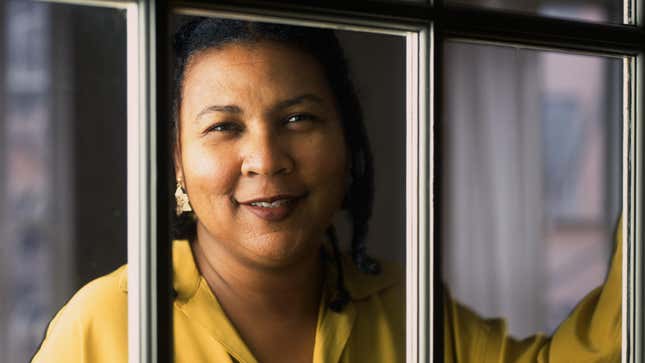bell hooks, Renowned Author and Feminist Scholar, Dead At 69
hooks' unflinching critiques of race, gender, class, and pop culture leave behind an insurmountable legacy.
BooksEntertainment

bell hooks, the renowned author, critic, activist, and feminist scholar, died Wednesday following an undisclosed illness. News of her death was announced by her family via Twitter and was later confirmed by Berea College, where hooks founded the bell hooks Institute. She was 69-years-old.
“The family is honored that Gloria received numerous awards, honors, and international fame for her works as a poet, author, feminist, professor, cultural critic, and social activist,” the family statement read. “We are proud to just call her a sister, friend, confidant, and influencer.”
-

-

-

-

-

-

-

-

-

-

-

-

-

-

-

-

-

-

-

-

-

-

-

-

-

-

-

-

-

-

-

-

-

-

-

-

-

-

-

-








































